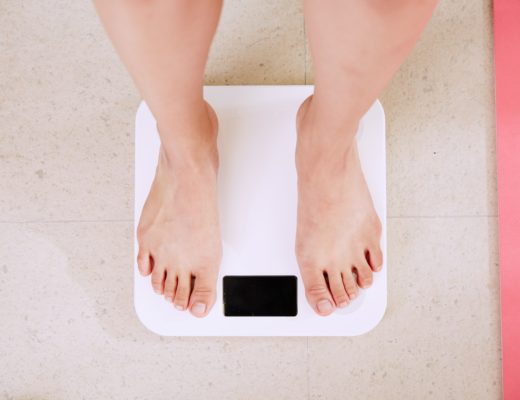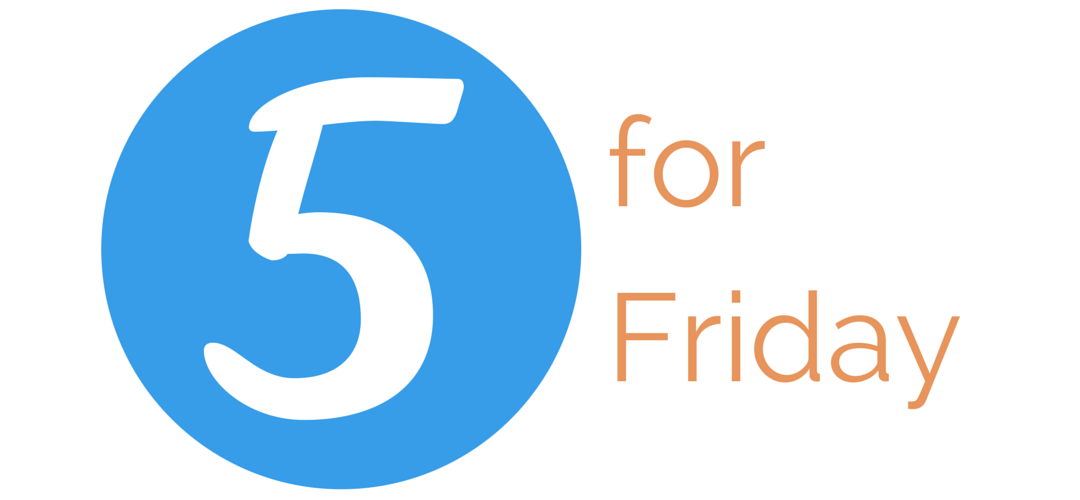Earlier this week, a friend shared an article that made me think about all the ways in which women fail to support each other. I’m as guilty of this as the next person. I’ve seen that mom with the screaming kid in her cart at Target and thought Why aren’t you at home, letting that child take a nap? I’ve seen that young woman in skinny jeans and thought Sweetheart, you’re crushing your spleen.
No doubt about it: being a woman is a difficult business. So today’s Five for Friday is a call to action. These are five of the many areas in which we need to do a much better job of supporting each other.
1. Childbirth. This is the article that sparked today’s post. It came to me via my friend Rebecca, who is an OB/Gyn. And for the record, I have two children. One of them came into the world via C-section; I was determined to have a natural birth with my second child, but ultimately I had the epidural.
Whatever a woman chooses to do–C-section, epidural, water birth–it is no one’s business but her own. If you have an opinion, keep it to yourself unless you’re asked. (Even then, there’s a world of difference between “I don’t think I’d be comfortable with a water birth” and “Are you crazy?”) When your friend simply tells you her plans, the only appropriate response is to wish her well. And I don’t mean in a snarky “Good luck with that” way. Pregnant women have enough to worry about without adding passive-aggressive friends to the list.
2. Breastfeeding. This is an area that breaks down into a thousand debates. Public or private? Breast or bottle? How long? In my Women’s Studies classes, students often argue that women shouldn’t breast feed in public because of the risk of germs. “Was the house where you were a newborn hermetically sealed?” I ask.
This argument highlights the tension between the two cultural functions of the female breast: as sexual object and maternal object. If you don’t breastfeed your kids, you’re selfish or lazy or uninformed. If you do, you can only feed your child in certain places and for a certain amount of time–because, apparently, after a certain point, breastfeeding a child starts to look sexual. (Um, if that’s your impression, you are the one with a problem.)
Once again, whatever a woman chooses to do–bottle feed, breastfeed for six weeks, breastfeed for six years–it is no one’s business but her own. If you don’t like what she’s doing, stop staring. Trust me, she’ll appreciate it. And if you have an opinion, once again, keep it to yourself unless you’re asked. (More than likely, you will not be asked.)
Not your child, not your body, not your life–not your decision. Instead of saying “Breast is best,” try “What a beautiful baby!” Every mom loves to hear that.
3. Clothing choices. Many of my Women’s Studies students see no issue with high school dress codes. They’ve been so brainwashed by the idea that girls are a distraction to boys, they simply don’t question why it’s a girl’s job to keep boys focused. They also don’t question why college-age men are suddenly able to focus on school without the assistance of the fashion police.
That observation is usually met with the claim that college students are adults, not children. In the magical space between June of senior year and August of freshman year, a complete transformation takes place.
Really?
What we actually know to be true is that the part of the brain involved with impulse control isn’t fully developed until somewhere around the age of 25. This means that women’s clothes are obviously not the problem here. The problem is that our culture teaches all of us to believe that women are responsible for men’s behavior. Policing women’s clothing choices is just one expression of that belief.
Instead, women should encourage each other to wear what they want. Then hold men accountable for their actions.
4. Work/family balance. I can’t believe we’re still arguing about whether it’s okay for women to have a family and a career, but I hear it all the time. I hear women who chose to stay at home with their kids saying “Well, I decided to raise my own children, not let someone else do it for me.” I hear women who chose to work outside the home saying “Well, I have a brain. I didn’t want to waste it on Doc McStuffins.”
I tried very hard to show appreciation for the women in my neighborhood who chose to stay at home with their kids. I valued their involvement at our neighborhood elementary school, and I did my best to support their work. But I rarely felt that same support in return. In fact, I often felt ostracized when I tried to volunteer.
The world would be a much happier place–for women and children–if we could all recognize that there’s no “right” way to parent. Tell your fellow moms “I know you’re just doing what you think is best. So am I.”
5. Reproductive rights. This one is really complex, so bear with me.
Women are not required to bear children. Those who choose not to haven’t automatically chosen to be selfish. In fact, one of the most unselfish people I know is a devoted elementary school teacher who doesn’t want kids of her own. It’s possible to believe you’d be a good parent, love kids, and still not want to have a baby.
It’s also possible to believe you wouldn’t be a good parent because you don’t like kids. This is not a character flaw; it’s an important piece of self-awareness. Why would we want people who don’t like children raising the next generation of adults? Who benefits from that? If a friend says “I would be a terrible mother,” leave it at that. Chances are, she knows herself better than you do.
Finally: if you’re opposed to birth control or abortion, remember that–like so many others–these are fundamentally personal decisions. There is always a choice being made; the only question is who should be making it. The federal government? The state government? Or women themselves?
We don’t have to agree with each others’ decisions. But we can do a much better job of supporting each other even when we disagree.





2 Comments
Reproductive rights is one I struggle with. I seem to belong to a forgotten group. “Women who desperately want/wanted children but for many different reasons, didn’t become mothers. I would encourage people to remember that not everyone that is childless, is childless by choice. And as I’m writing this, I’m wondering why I chose to use the word “childless” it suggests (states) “a lack of” which only adds to the pain. And the very fact that we are still having to have this conversation proves that we, as women, have a long way still to go.
Thank you for adding your voice to the discussion. I have many friends without children who describe themselves as “child-free” to avoid the word “childless,” which does seem to suggest a lack of something. But for women who want (or have wanted) children, neither term seems respectful or accurate. That in itself probably tells us something about this conversation, who’s having it, and why.